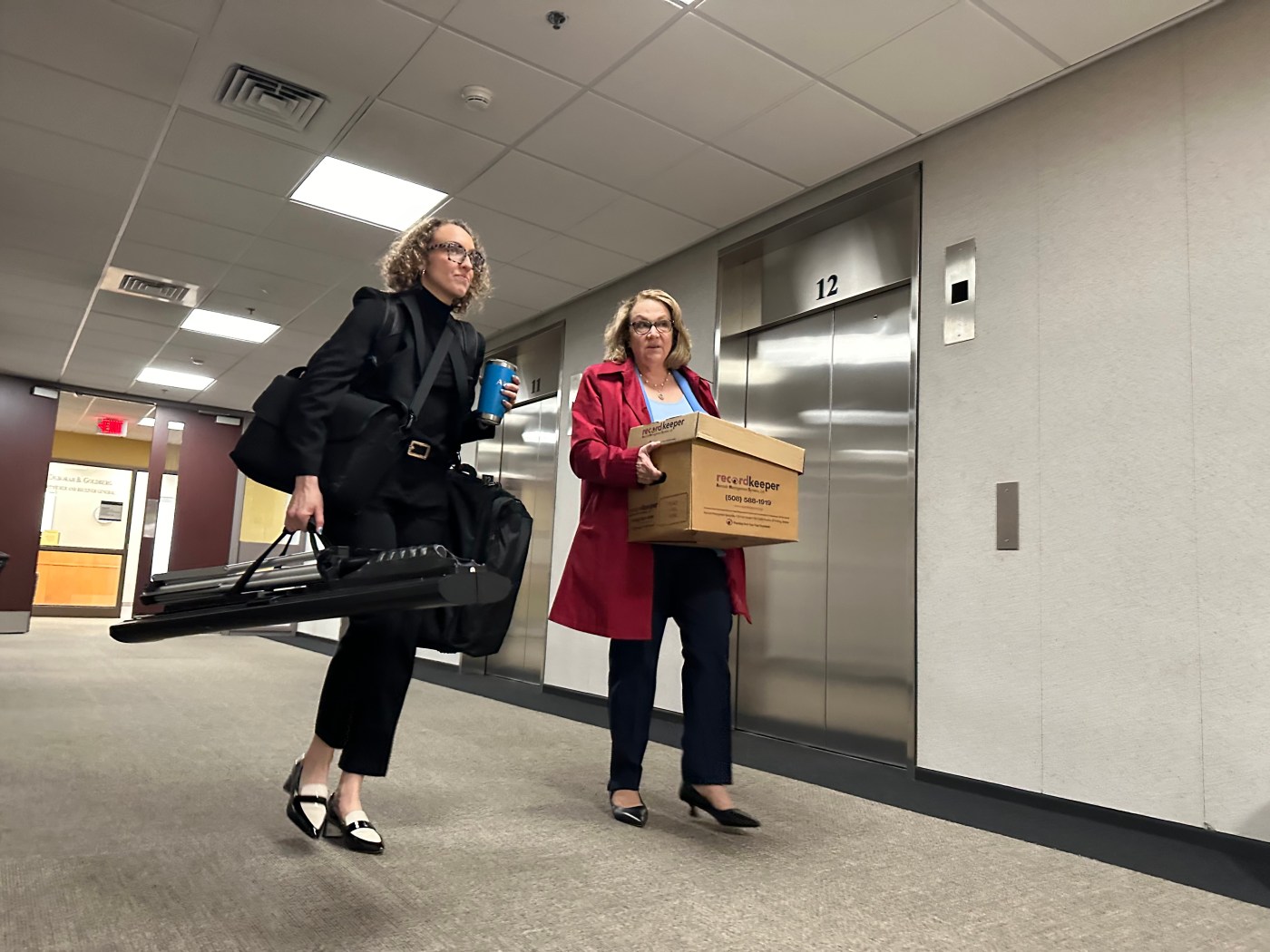
Inspector General: ‘Urgent need’ for receiver to run Cannabis Control Commission
The Cannabis Control Commission is broken by the law that established it and needs to be placed under the authority of a receiver by the end of July, the Bay State’s Inspector General told legislative leaders in a letter.
Pointing to numerous problems surrounding the ousted commission chair and challenges with the laws structuring the agency, Inspector General Jeffrey Shapiro urged House Speaker Ron Mariano and Senate President Karen Spilka to act before the end of this legislative session, after determining that “the agency’s statute lacks a clear leadership hierarchy with defined duties and responsibilities.”
“I believe the CCC needs immediate clear direction with an accountable hierarchy. In its present state, the CCC lacks such direction. I urge the Legislature to take short-term action by authorizing the appointment of a receiver before the completion of the current formal legislative session on July 31, and long-term action by revisiting the commission structure,” Shapiro wrote.
The receiver should be empowered to “manage the day-to-day operations of the CCC, until corrective action is enacted,” the IG wrote.
Problems at the agency became very apparent, according to Shapiro’s letter, when then-Chair Shannon O’Brien was unceremoniously removed from her post by Treasurer Deb Goldberg, who had appointed her in the first place.
O’Brien was removed, Goldberg later disclosed, after complaints of inappropriateness toward the long-serving but since-departed CCC executive director and over alleged racist comments..
Her removal, Shapiro wrote, was immediately followed by turmoil over who should be in charge and who could make the decision.
“Meeting minutes reflect that the commission members were not in consensus about who had the authority to appoint an acting chair – the commission or the chair who had been placed on leave. Meeting minutes also reflect that the commission was divided over who should hold the position of acting chair,” he wrote.
Last Thursday, Shapiro noted, under the leadership of Acting Chair Ava Callender Concepcion, three of the remaining four commissioners voted to strip the acting executive director, Debbie Hilton-Creek, of her duties overseeing the CCC’s daily operations.
Concepcion explained the move as an attempt to shift work to department supervisors and free up Hilton-Creek’s time so she could focus more on the HR aspects of her job.
Shapiro apparently doesn’t think that’s a good idea, considering the current circumstances at the commission.
“The decentralization of management for the daily operations for an agency that has lacked clear lines of authority does not seem to be in the best interest of the agency’s constituency or the people of the Commonwealth,” he wrote.
The IG goes on to point out that things weren’t necessarily going great before O’Brien’s sudden ouster, before saying that the issues cropping up at the CCC are literally written into state law.
“The problems that have plagued the CCC have roots in the CCC’s enabling statute, which is unclear and self-contradictory with minimal guidance on the authority and differing responsibilities of the CCC’s commissioners and staff,” Shapiro wrote.
A spokesperson for the suspended chair said that appointing a receiver may be the best path toward solving the agency’s many problems, all of which O’Brien was apparently trying to warn lawmakers about before she was removed from her position.
“Until Chair O’Brien was suspended, she was meeting with legislators and alerting them to the CCC’s structural, operational and cultural problems addressed in the IG’s report. In spite of her efforts to lead a positive transformation, Shannon O’Brien was met with resistance by those inside the CCC, who still want to maintain the flawed and wasteful status quo. Chair O’Brien is pleased the IG is alerting the public for the necessary reforms to the CCC,” the spokesperson told the Herald.
A spokesperson for the CCC said the agency has been cooperating with the IG and is in receipt of and reviewing his letter. Commissioners “remain willing and ready to work with government partners to safely, effectively, and equitably regulate the Commonwealth’s $7 billion cannabis industry.”
“Commissioners and staff have also worked to clarify governance questions in statute through the ongoing efforts towards developing a Commission charter. As discussed by Commissioners at last week’s public meeting, they intend to have a public conversation about the outcomes of that work very soon,” they said.

